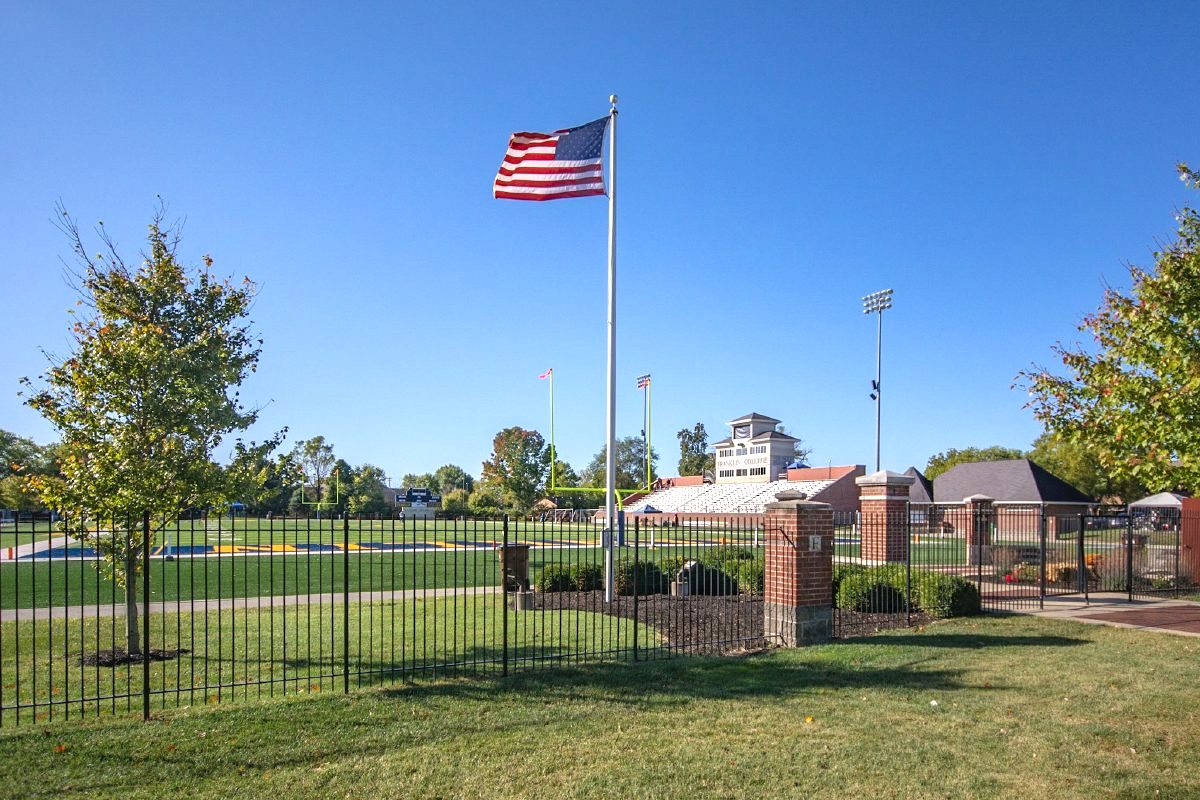With America failing spectacularly in its efforts to contain the coronavirus, dominoes are again beginning to fall across the national sports landscape.
On Monday, one of them landed in Johnson County.
The Heartland Collegiate Athletic Conference, which includes Franklin College, announced in a morning press release that all of the fall sports considered "high risk" — football, men’s and women’s soccer and women’s volleyball — will be pushing their 2020-21 seasons to the spring.
Cross country, golf and tennis will continue as planned for the time being. The Great Lakes Valley Conference, a Division II league that includes the University of Indianapolis, announced similar plans Monday.
Franklin College athletic director Andy Hendricks said that discussions about the fate of HCAC fall sports had been ongoing for months, and a number of recent events helped shape the conference’s decision.
"We just saw the writing on the wall," Hendricks said. "Other conferences had already been making moves, and with the new NCAA guidelines that came down, quite frankly, that was a major precipitant for this level of decision-making — especially the high-risk category sports."
The teams moving competition to the spring, the HCAC said, will "use the fall as their non-traditional season," with practices and scrimmages being held as they would ordinarily be for those teams in the spring.
Hendricks believes that change could be particularly beneficial for the Grizzlies in football, where first-year coach Alan Hensell was facing the prospect of heading into the season without having had the normal spring acclimation period earlier this year.
While the postponement of football would potentially create revenue issues at local high schools, Hendricks says that ticket income is not as critical to Franklin College’s financial well-being. The bigger issue for the school, he notes, is making sure academic infrastructure is sound so that enrollment doesn’t drop significantly.
"Revenue-wise, all schools in our conference are always concerned about retention," Hendricks said. "Athletics play such a vital role in the enrollment at our institutions that we want to put the resources in the right place and support these student-athletes so that we’ve got a spring to come back to and play."
The fact that at least some fall teams are still planning to move forward as originally scheduled should serve as a beacon of hope.
"We’re looking at this as a very optimistic move, that we still get to offer these athletes a season," Hendricks stated. "We’re not just cancelling it all and throwing up our arms and saying, ‘Sorry, it’s over.’"





